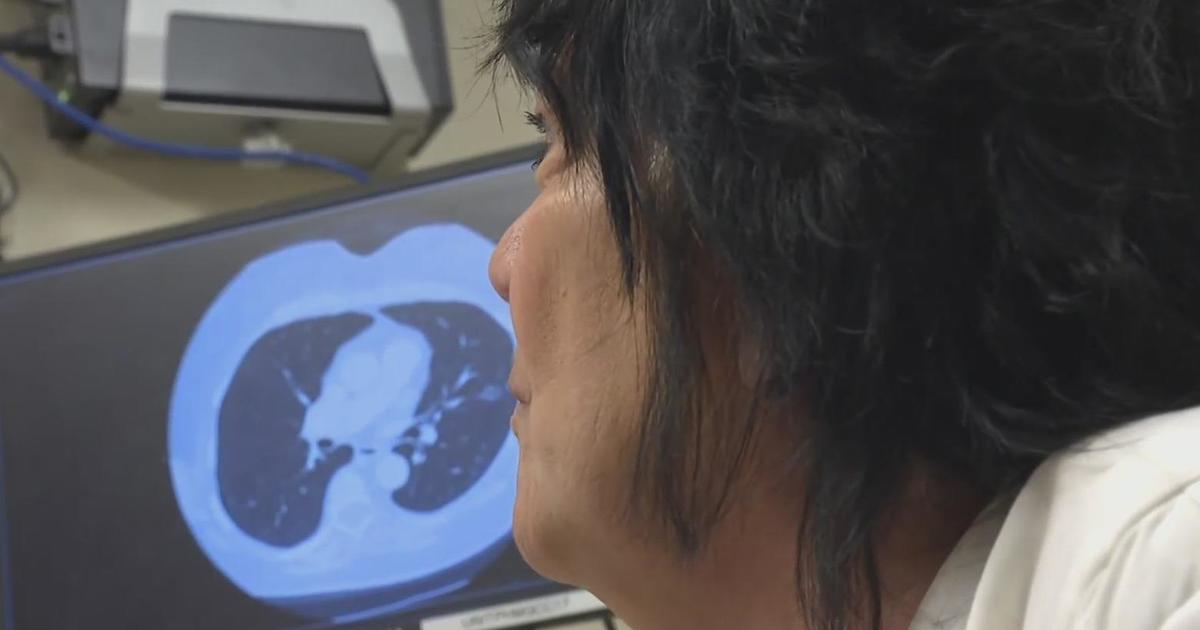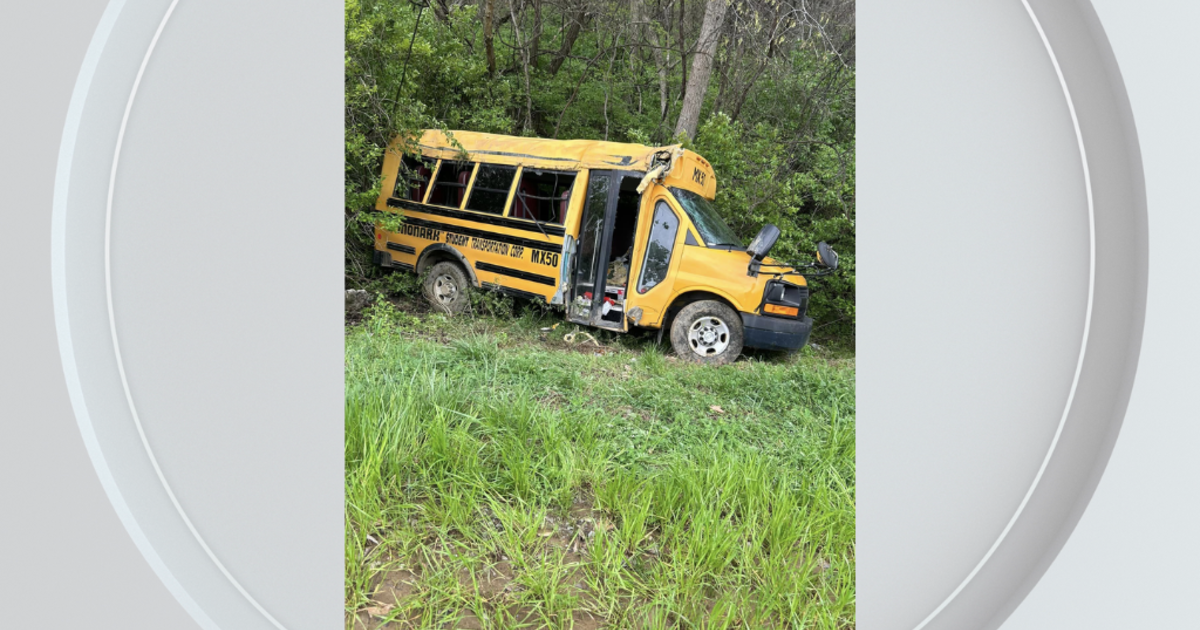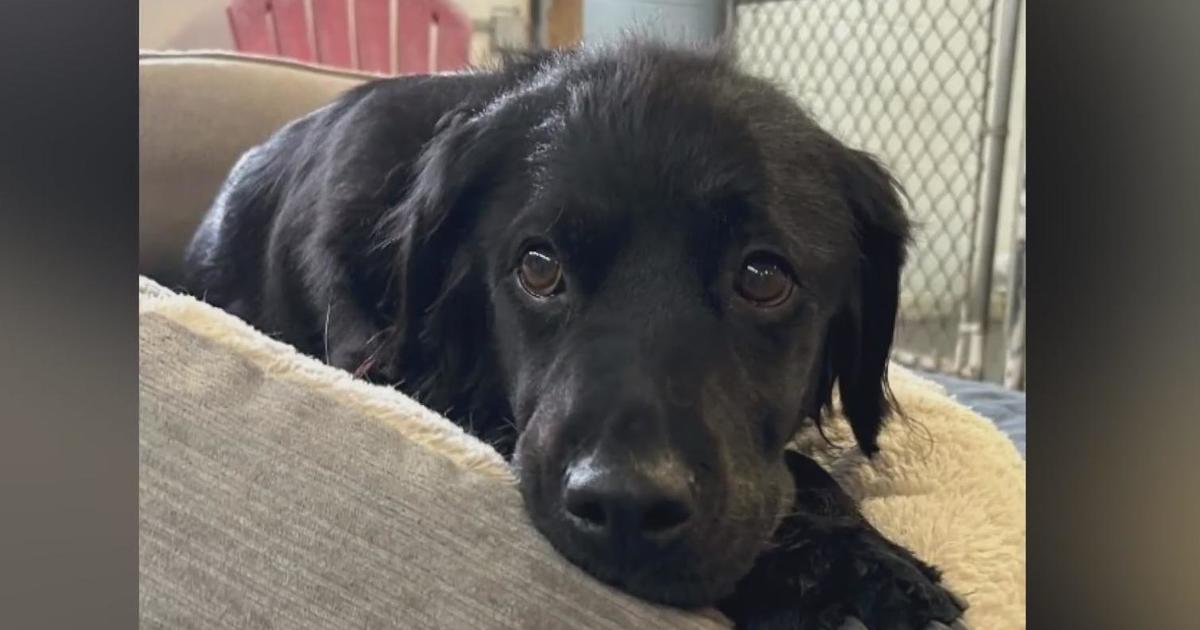Device Uses Teeth To Aid Hearing Loss
PITTSBURGH (KDKA) -- Four years ago, Paul Getsy woke up one day with no hearing in his right ear.
He thought it was his headset or maybe fluid buildup from a cold. His doctor said no.
It was a condition of the hearing nerve suddenly not working for unexplainable reasons.
Paul took steroid pills and injections in the ear, but after several months, he realized it wasn't going to work. He had to adjust where he sat in meetings and put people on his hearing side when walking alongside them.
But some situations weren't easily rearranged.
"I coached my daughter's softball team and I was the first base coach, and there's no getting around your runner's going to be on your right side," says Paul.
Through his work in medical devices, he came across a website by accident for this new kind of hearing device that uses the teeth for hearing.
He immediately called the company and the doctors once the device became FDA approved last fall. He got his in December.
Sound waves are picked up by a microphone in the bad ear. The signals are sent wirelessly to a device in the mouth. The sound vibrations are then sent through the bone and are sensed by the good hearing nerve on the other side.
The vibrations aren't felt, but the device is.
"I've never worn dentures or braces, but I'm sure it's a very similar type transition," he says.
And the battery has to be recharged every night.
"So, you have to get very creative in managing your day, so that you can choose the seven hours a day you can hear," he points out.
Other options involve surgery and a permanent implant into the bone. The advantage to this one is its convenience -- it simply snaps on your teeth.
To be a good candidate, you have to be at least 18 and have normal hearing in the other ear and healthy teeth.
AGH has only had three patients take on the $6,800 device. They admit insurance coverage has been inconsistent.
"The company is really sorting out the nuances of the manufacturing process," says neuro-otologist Dr. Todd Hillman.
All worth it to Paul.
"You have to go into it with an open mind, that it's not going to be perfect," he said. "It's not quite as good as hearing, but it's pretty close."
RELATED LINKS
More Local News
More Health News



